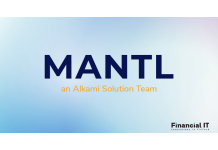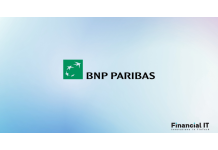WealthArc Now Connects To Over 140 Custodian Banks...
- 21.07.2025 11:45 am
Simply Asset Finance Unveils Kara, Its New Agent For...
- 18.07.2025 09:35 am
ClearScore Launches ‘ClearScore Everywhere’, A New...
- 17.07.2025 10:45 am
Telr And Peko Ink A Strategic Partnership Agreement To...
- 15.07.2025 08:45 am
MANTL Becomes First Fintech To Offer Plaid Layer
- 10.07.2025 11:35 am
KeyBank Launches Predictive AR Matching With KeyTotal...
- 09.07.2025 07:05 am
Leading Finance Provider Renews Commitment To...
- 07.07.2025 11:25 am
NayaOne Forges Dynamic Collaboration With Google Cloud...
- 25.06.2025 08:44 am
Ebury Launches Ebury Connect to Deliver Digitally...
- 19.06.2025 09:25 am
Solidgate Launches Treasury
- 17.06.2025 02:05 pm
Mastercard Onboards Customers up to Four Times Faster...
- 16.06.2025 08:40 am
Barclays Joins Forces with Microsoft and NVIDIA to...
- 10.06.2025 02:15 pm






















